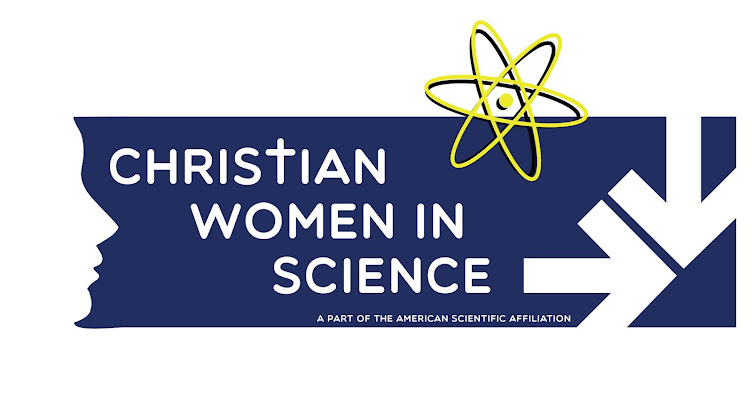Ethan Ruble (Grade 8)
Georges Henri Joseph Édouard Lemaître was born on 17 July 1894, in Charleroi, Belgium. His parents were Marguerite Lennoy and Joseph Lemaitre.
Lemaître was a Roman Catholic priest and professor of physics at the Catholic University of Leuven. He is considered the “father” of the Big Bang theory, though his theory of the expansion of the universe has been attributed wrongly to Edwin Hubble.
Lemaître spent 1924 at Harvard College Observatory in Massachusetts and earned a degree from the Massachusetts Institute of Technology (MIT). He was a pioneer in applying Albert Einstein's 1916 theory of general relativity to cosmology. Lemaître's model of the universe received little notice until it was publicized by the English astronomer Arthur Eddington. Eddington described it as a "brilliant solution" to the unresolved questions in cosmology.
Lemaître imagined that the universe had to be expanding from somewhere and some point in time. His idea of the universe at the very beginning pictures all matter compressed in a single point that he called a “superatom.” He hypothesized that the expansion of the universe resulted from the superatom’s explosion by which force matter was hurled in all directions. The initial force of that explosion set the expansion of the universe in motion. Lemaître presented his theory at a conference in the 1930s. Hearing Lemaître’s theory, Albert Einstein reportedly said, "This is the most beautiful and satisfactory explanation of creation to which I have ever listened." Einstein greatly respected Lemaître.
Lemaître gained international fame after the 1927 publication of a paper entitled “A homogeneous universe of constant mass and growing radius accounting for the radial velocity of extragalactic nebulae” in the journal Annales de la Société Scientifique de Bruxelles. In this paper he presented the idea of an expanding universe and also the first statement of what would later become known as “Hubble’s Law.”
In 1931, Lemaître’s theory was translated and reprinted in the “Monthly Notices of the Royal Astronomical Society.” He called his superatom the "primeval atom" or "the Cosmic Egg, exploding at the moment of the creation.” He developed this further in a report published in the journal “Nature” later that year.
Newspapers described Lemaître as the leader of the new cosmological physics, and Einstein recommended Lemaître for the Francqui Prize, the most prestigious Belgian scientific distinction, which King Léopold III awarded to him in 1934.
Lemaître retired in 1964, though he continued to publish interesting papers, such as “The expansion of the Universe” (1967), and “The principle of continuity according to Jean-Victor Poncelet” (1967). R N Tiwari summed up of Lemaître's contributions, and poses some questions to consider.
“Lemaître graduated in engineering, and his studies were interrupted due to World War I. He joined the army and, to quote from the author's statement, "after 53 months of war ordeals and military camps, he lost interest in a professional career and decided to become a priest"; this ultimately resulted in a change from engineering to the mathematical sciences, particularly to general relativity, which marked a very notable turning point in Lemaître's life. Whether this change of mind was due to war or the seed of such a thought was inherent in him and germinated at the appropriate time, and whether the environment of the Church and its a priori principles had any influence on his scientific discoveries (such as the evolution of the universe from a primordial atom, the existence of singularity at the initial epoch, etc.) cannot be inferred conclusively. The sequence of events narrated by the author shows, however, that time and again Lemaître was accused (especially by Einstein) of using scientific reasonings "to defend a (religious) dogma of the Church". Was it really so? Was Lemaître the scientist being guided by Lemaître the Catholic priest? The author leaves these points for readers to decide for themselves. However, he remarks that "for modern scientific cosmologists, although they may feel uneasy about this primordial singularity, the objectivity of the thinking of its initiator is beyond doubt".
Lemaître on science and religion
Lemaître viewed religion and science as distinct ways of interpreting the world, both of which are equally valid. He wrote:
"We may speak of this event as of a beginning. I do not say a creation. Physically it is a beginning in the sense that if something happened before, it has no observable influence on the behavior of our universe, as any feature of matter before this beginning has been completely lost by the extreme contraction at the theoretical zero. Any preexistence of the universe has a metaphysical character...The question if it was really a beginning or rather a creation, something started from nothing, is a philosophical question which cannot be settled by physical or astronomical considerations."
Lemaître used to say, “God cannot be reduced to the role of a scientific hypothesis.”
As to the seeming conflict between science and religion, Lemaître stated: “Once you realize that the Bible does not purport to be a textbook of science, the old controversy between religion and science vanishes."
He said, “The doctrine of the Trinity is much more abstruse than anything in relativity or quantum mechanics; but, being necessary for salvation, the doctrine is stated in the Bible. If the theory of relativity had also been necessary for salvation, it would have been revealed to Saint Paul or to Moses.”
Georges Lemaître died in Leuven on 20 June 1966. In 2014, a commemorative plaque was unveiled in his honor. The inscription in English, French, German and Dutch reads: “Here worked Georges Lemaître, the (spiritual) father of Big Bang.”
Commemorative plaque for Georges at Premonstreit College in Leuven
Courtesy of Danar Abdulkarim
Related reading: Lemaître: Beligum Astronomer; Georges Lemaître, Father of the Big Bang




No comments:
Post a Comment